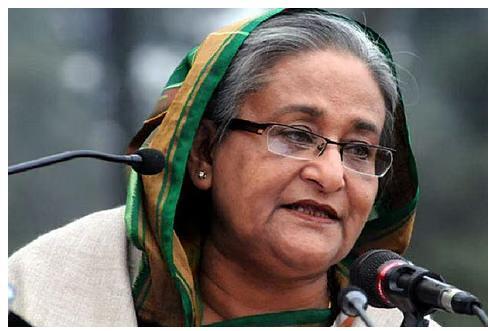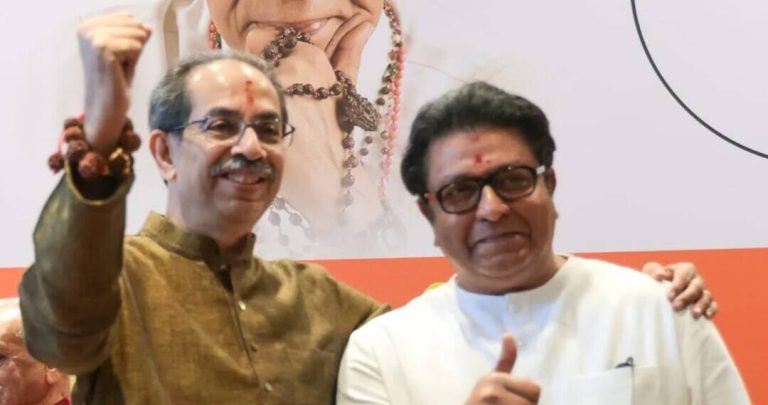
Shoot those who show intent to kill: Dhaka police ahead of Hasina verdict
In a move that has raised concerns about the potential for human rights abuses, the Dhaka Police in Bangladesh has ordered its personnel to shoot violent protesters who show intent to kill ahead of a court verdict in a case against former Prime Minister Sheikh Hasina. The order, which was given by Dhaka Metropolitan Police (DMP) Commissioner SM Sazzat Ali, is intended to prevent unrest and maintain law and order in the city.
According to local newspapers, Commissioner Ali was quoted as saying, “I stated over wireless that anyone who sets a bus on fire or throws crude bombs with intent to kill should be shot.” This statement has sparked controversy, with many arguing that it amounts to a license to kill and could lead to excessive use of force by the police. The order has also raised concerns about the potential for innocent people to be caught in the crossfire and the impact on the right to peaceful protest.
The case against Sheikh Hasina, who is currently the Prime Minister of Bangladesh, relates to alleged crimes against humanity committed during her previous term in office. The verdict is expected to be delivered soon, and there are fears that it could trigger widespread protests and unrest. The government has already taken steps to prevent unrest, including deploying additional security personnel and imposing restrictions on public gatherings.
The decision by the Dhaka Police to shoot violent protesters has been criticized by human rights groups, who argue that it is disproportionate and could lead to further violence. They point out that the police have a responsibility to maintain law and order, but that this should be done in a way that respects the rights of all citizens, including the right to peaceful protest.
The use of lethal force by the police is a highly sensitive issue, and one that requires careful consideration and judgment. While it is understandable that the police may need to use force in certain circumstances, such as when there is a direct threat to life or property, this should always be a last resort and should be proportionate to the threat posed. The order given by Commissioner Ali appears to go beyond this, and could be seen as a blanket authorization to use lethal force against anyone who engages in violent protest.
The potential consequences of this order are alarming. If the police are given carte blanche to shoot protesters, it could lead to a situation where innocent people are killed or injured. This could, in turn, escalate the situation and lead to further unrest and violence. It is also likely to undermine trust in the police and the government, and could damage Bangladesh’s reputation internationally.
In a democratic society, the right to peaceful protest is a fundamental freedom that should be protected and respected. While it is understandable that the government may need to take steps to maintain law and order, these should always be proportionate and should respect the rights of all citizens. The order given by the Dhaka Police appears to fall short of this standard, and could have serious consequences for the people of Bangladesh.
As the verdict in the case against Sheikh Hasina approaches, it is essential that the government and the police take a calm and measured approach to maintaining law and order. This should involve engaging with protest leaders and working to prevent violence, rather than resorting to the use of lethal force. The international community should also be vigilant and speak out against any abuses of human rights.
In conclusion, the order given by the Dhaka Police to shoot violent protesters is a concerning development that has the potential to lead to human rights abuses and further unrest. It is essential that the government and the police take a more measured approach to maintaining law and order, one that respects the rights of all citizens and prioritizes the protection of human life.






